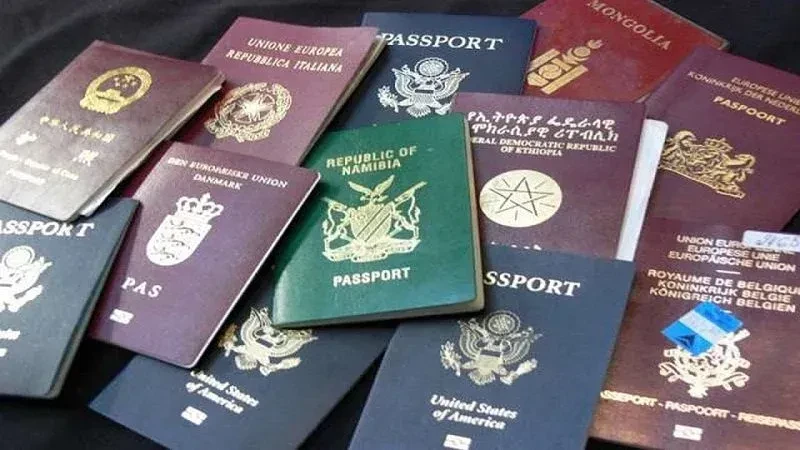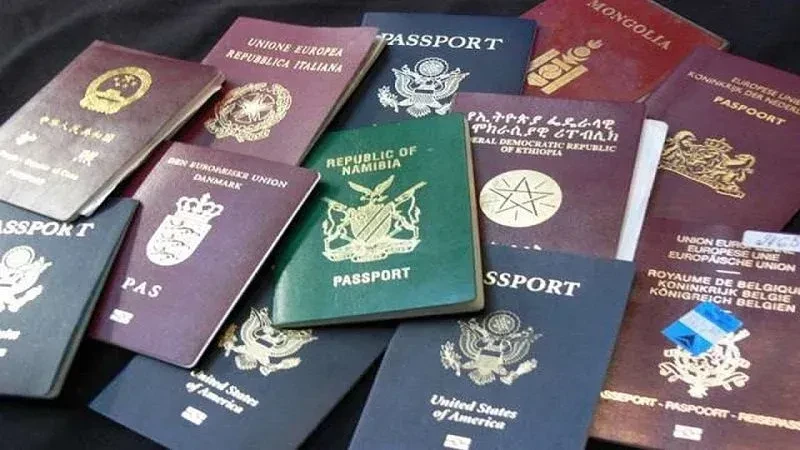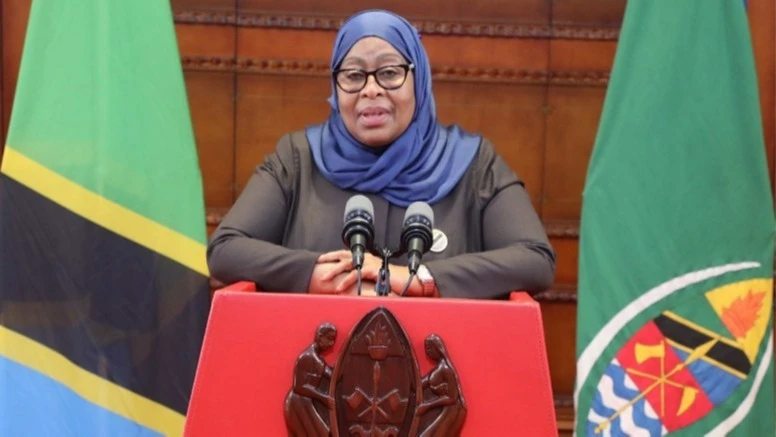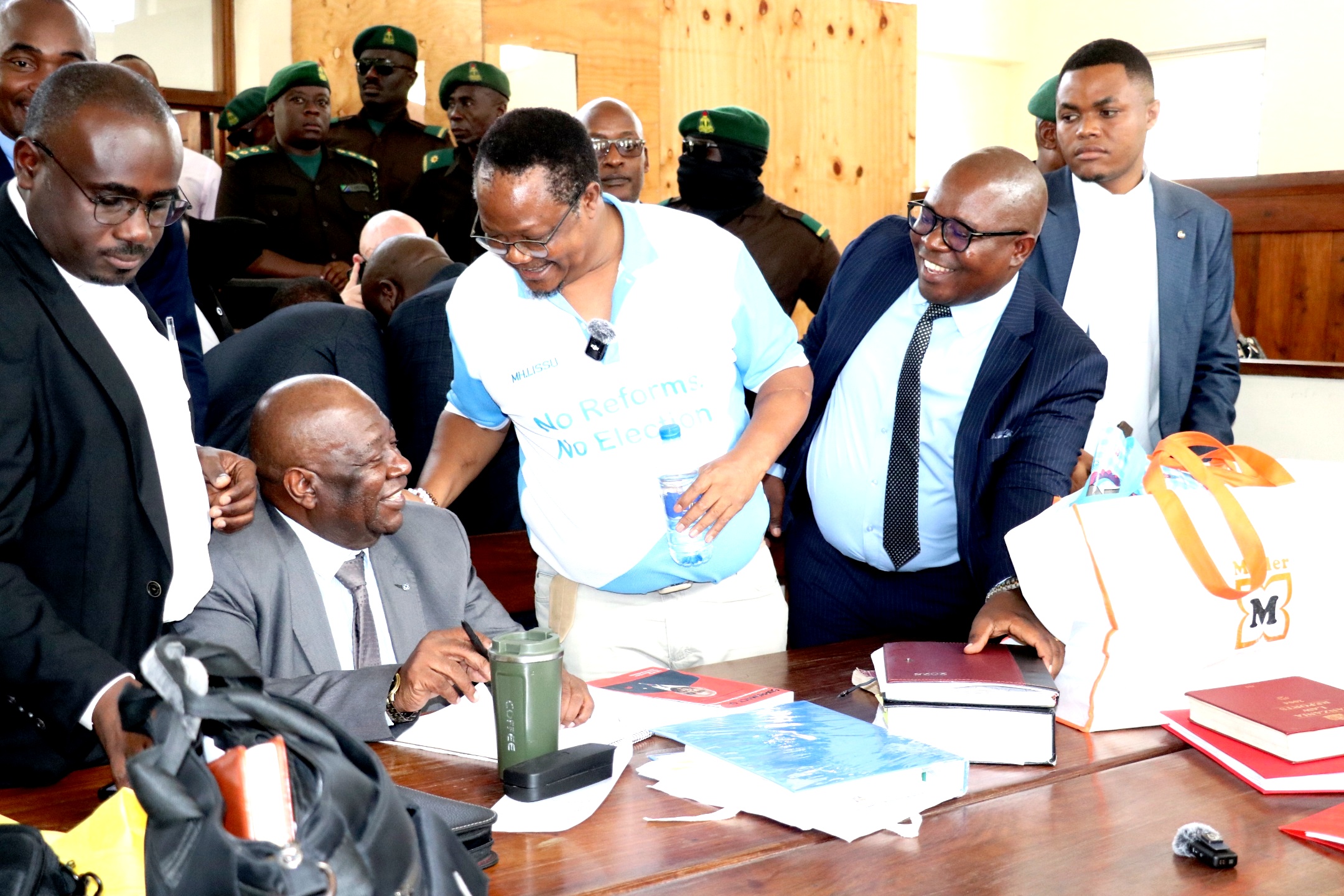Retail trade: MPs reject permits for foreigners

THE government must impose penalties, including the revocation of work permits and visas, for foreign nationals found violating established business regulations, a parliamentary committee has declared.
Oran Njeza (Mbeya Rural), the chairman of the parliamentary Budget committee, aired this appeal when presenting the committee's views on the 2025/26 consolidated budget proposals.
The committee asked the government to institute a rule that starting with the 2026/27 budget preparation guidelines, responsible officials prioritize submitting commercially viable projects to facilitation by the Public-Private Partnership (PPP) Centre before proposing projects funded solely by government revenues.
The committee acknowledged government intentions to foster a fair business environment for locals and foreigners, proposing amending the Business Licensing Act, Cap. 101 to empower the Trade minister to designate commercial activities exclusively reserved for local people.
"This measure seeks to address the current concern in the country where foreign business operators engage in wholesale, retail and hawking, activities traditionally reserved for locals," he stated.
During deliberations on the 2025 Finance Bill, the committee resolved to advise the government to introduce specific penalties for foreign residents violating such rules, he said.
The committee was similarly informed that the government would address the issue of restoring revenue collection by the Tanzania Wildlife Management Authority (TAWA), Tanzania National Parks (TANAPA) and the Ngorongoro Conservation Area Authority (NCAA), he said.
He praised the government for agreeing to amend the relevant laws to reinstate these agencies' ability to collect and utilize their own revenues, underlining that the proposed percentage reserved for internal use would have to be painstakingly examined.
The government needs to ensure that these institutions have sufficient liquidity to execute tourism sector responsibilities, thus the retained amount need to be adequate for operational needs “on a commercial and efficient basis,” he stated,
Furthermore, the committee advised the government to implement far more projects via public-private partnership setting, as this approach significantly reduces the government's financial requirements for undertaking commercially viable development projects.
Projects slated for PPP implementation should be thoroughly analyzed by the Planning Commission in collaboration with the PPP Centre and be included in the respective annual budget, he further noted.
The committee was moving to meticulously analyze proposed tax exemptions, to evaluate their direct benefits to the final consumer of goods or services.
"Where the government fails to justify the necessity of these exemptions, whether in their removal or granting, the committee will not hesitate to demand changes to the government's proposals," he added.
Top Headlines
© 2025 IPPMEDIA.COM. ALL RIGHTS RESERVED






















